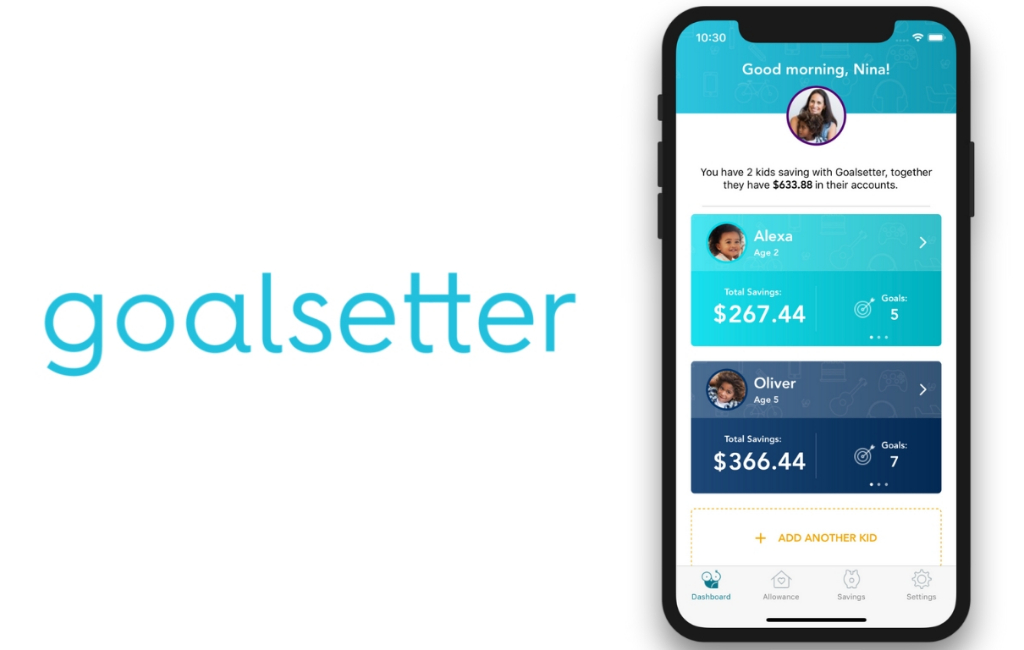Jolly Roger Phone Bots Frustrate Telemarketers
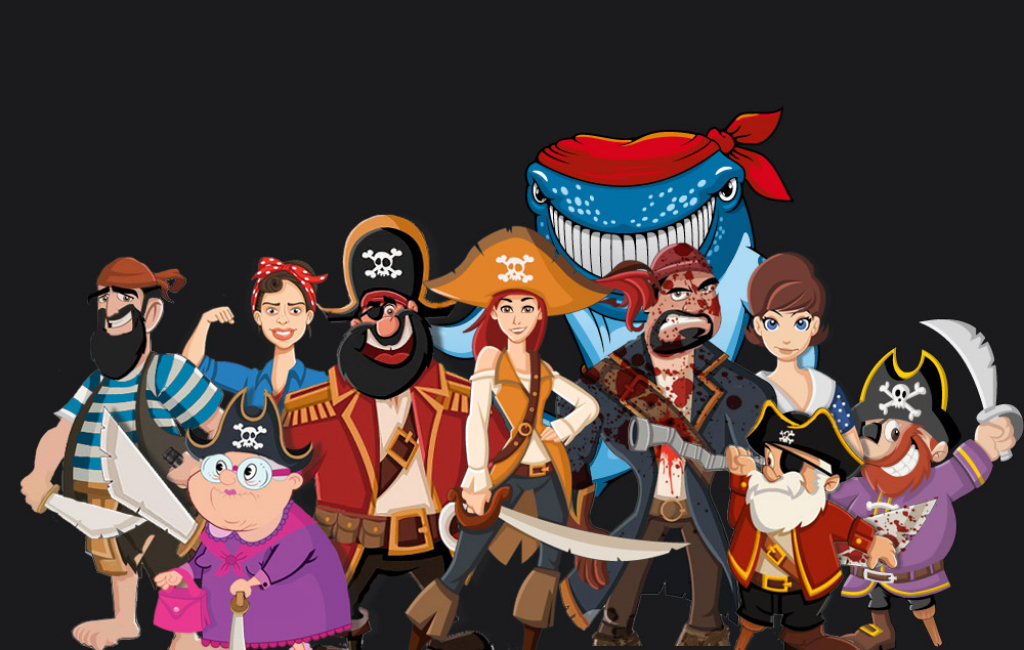
NO DEAL
EPISODE SUMMARY
🕓 Air Date: March 10, 2019
Asking For:
$400,000 for 10%
Investor:
No Deal
Deal:
No Deal
PRODUCT SUMMARY
The Jolly Roger Telephone Company offers an answering service that uses humanlike robots to engage telemarketers, wasting their time and preventing scams.
WATCH HERE
IN A RUSH?
Click these to jump to the section you want to read.
Background Story
The Jolly Roger Telephone Company, founded by Roger Anderson and Steve Berkson, emerged as a response to the pervasive issue of telemarketing scams. The founders’ shared background in the telecommunications industry fueled their determination to combat the $9.4 billion telemarketing scam industry. Roger Anderson, a telephone engineer with a passion for telephony systems, and Steve Berkson, with around 30 years of experience in telecommunications, decided to take a stand against telemarketers after Berkson’s son experienced verbal harassment from one.
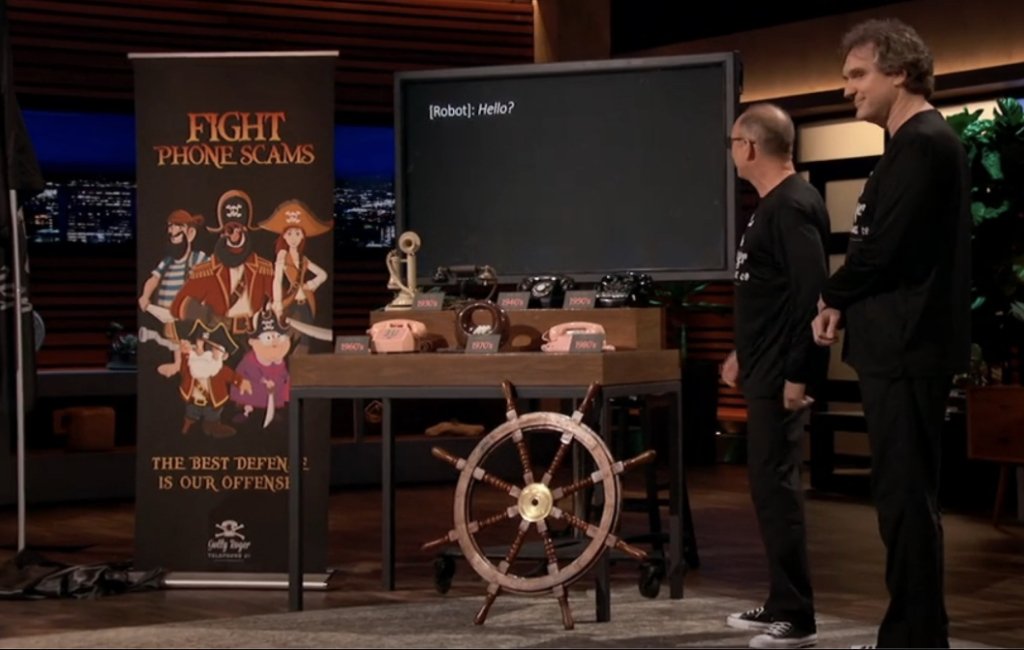
This unsettling incident prompted Berkson to develop a robot that could engage telemarketers in lengthy conversations, tying up their time and rendering their efforts unprofitable. With a shared commitment to addressing the escalating issue of telemarketing scams, Anderson and Berkson launched The Jolly Roger Telephone Company. The company’s name and theme draw inspiration from the notorious pirate, Blackbeard, symbolizing a rebellious and retaliatory approach to the intrusion of telemarketers into people’s lives.
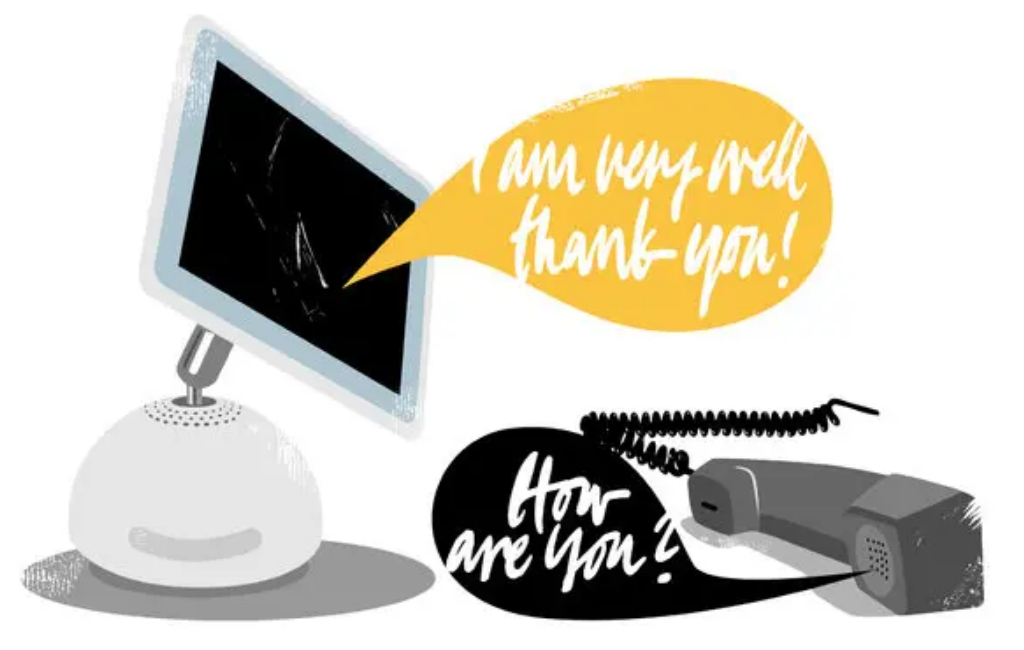
The founders, working 40 hours a week at their respective full-time jobs and dedicating an additional 60 hours a week to their venture, invested two years in research and development. Their motivation stemmed not only from personal experiences but also from a sense of civic duty to counter the nuisance caused by telemarketers. Their journey reflects a blend of technical expertise, a deep understanding of telecommunications, and a commitment to providing consumers with a tool to resist and retaliate against unwanted calls.

The Product
The Jolly Roger Telephone Company offers a unique and innovative solution to combat telemarketing scams. Their product is an answering service that employs humanlike robots, aptly named “pirates,” to engage telemarketers in prolonged, unproductive conversations. The service is designed to waste the time of telemarketers, preventing scams and protecting consumers.
When a telemarketer calls, the subscriber’s phone is answered by one of these robots, creating the illusion of a receptive consumer. The robots are specially crafted to mimic human interaction, keeping the telemarketers engaged in conversation. This not only frustrates the telemarketers but also drains away their ability to make money through scams.
Subscribers have control over the service through a dedicated website provided by The Jolly Roger Telephone Company. This website allows users to manage settings and access recordings of interactions with telemarketers.
The subscription fee for this service is $12 per year, providing an affordable yet effective means for individuals to counter telemarketing scams. The product’s benefits include not only protection against scams but also a touch of humor and whimsy in dealing with an otherwise irritating issue. Users can enjoy the satisfaction of turning the tables on telemarketers while contributing to the prevention of phone scams.
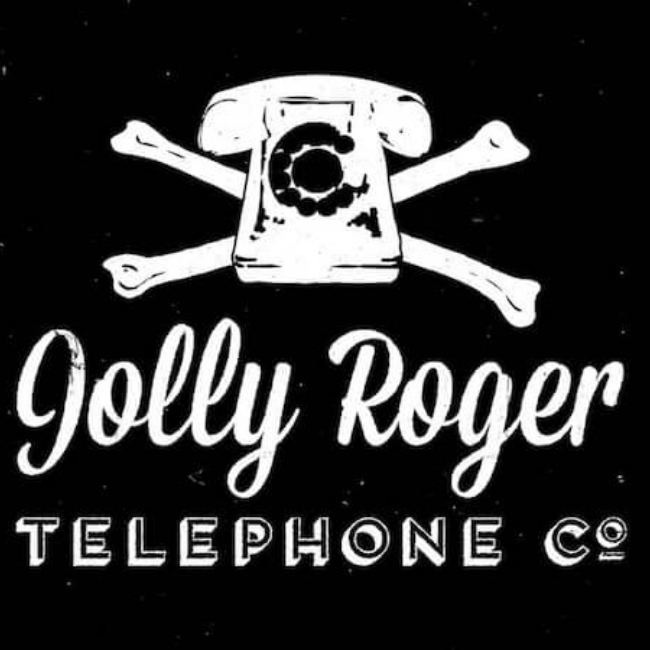
How It Went
The company’s position before Shark Tank
The Jolly Roger Telephone Company is positioned as a pre-revenue company, indicating that it is in the early stages of development and has not yet generated income from its services. As revealed in the pitch, the company has not undertaken any advertising efforts to date, relying instead on word of mouth for its marketing. This strategy has led to a substantial number of processed calls, with the founders stating that they have handled over a million calls since the service was launched.

The transcript does not provide information about specific partners or wholesalers associated with The Jolly Roger Telephone Company. However, the founders mentioned plans to utilize the $400,000 investment for online marketing to drive future growth.The company’s funding has primarily come from the founders themselves, who have invested two years in research and development. In terms of profits and losses, the company is still considered pre-growth and pre-revenue, implying that it has not yet reached a stage where it is consistently generating income. The focus appears to be on developing the service and preparing for future scaling.

The available capital of the company is not explicitly mentioned in the transcript. However, the founders seek a $400,000 investment for 10% equity, indicating their valuation and the amount they believe is necessary for the next phase of the company’s development. Both founders work 40 hours a week in their full-time jobs and dedicate an additional 60 hours a week to The Jolly Roger Telephone Company. As they express readiness to leave their jobs and scale the company, it suggests a commitment to transitioning from a part-time venture to a full-fledged business.
The Negotiations:
The negotiations for The Jolly Roger Telephone Company on “Shark Tank” took unexpected turns, revealing the Sharks’ skepticism and the founders’ determination to retain control of their company. The initial ask was $400,000 for 10% equity, but the Sharks quickly raised concerns about the absence of a concrete business structure and the founders’ readiness to leave their full-time jobs.
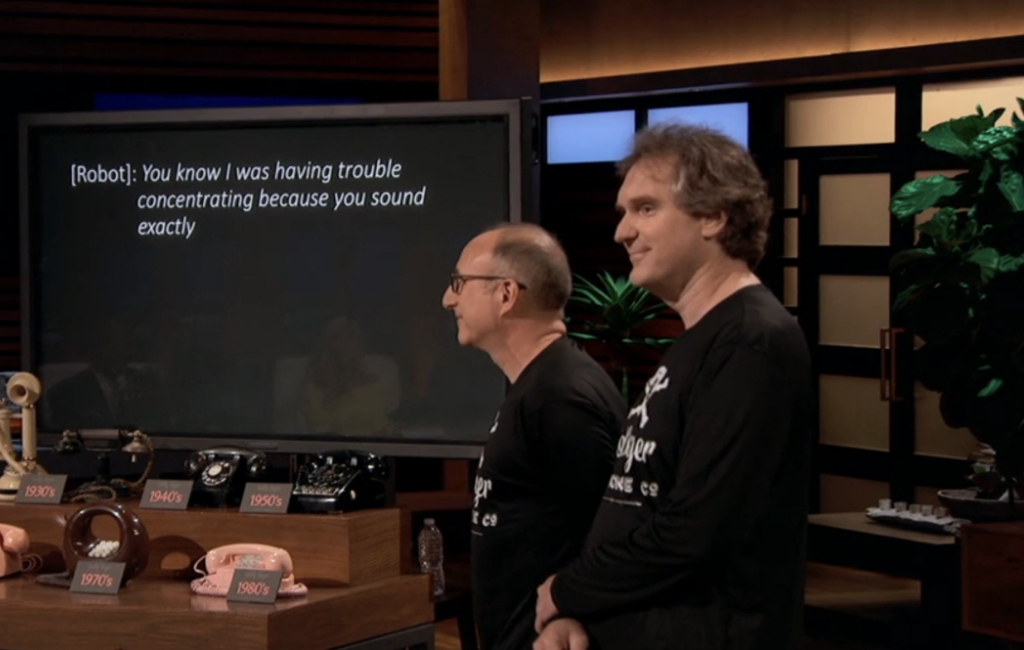
Mr. Wonderful, Kevin O’Leary, made an offer of $400,000 for 50%, emphasizing the need for “adult supervision.” However, the founders declined this offer, expressing their reluctance to give up half of their company. Other Sharks, including Lori Greiner, bowed out due to a lack of clarity in the concept. Eventually, Kevin O’Leary and Lori Greiner joined forces, proposing a joint deal of $400,000 for 60%, which the founders also rejected. Despite the Sharks’ interest, the founders emphasized their commitment to building the company themselves and declined all offers.

Mark Cuban and Barbara Corcoran both expressed admiration for the founders’ concept but were critical of the lack of a structured business plan. In the end, no deal was struck as the founders stood firm on their decision not to give up a significant portion of their company. The negotiation showcased the clash between the Sharks’ desire for a structured business model and the founders’ determination to build their company independently. Despite the interest from Sharks, The Jolly Roger Telephone Company opted to continue its journey without external investment, leaving the Tank without a deal but with a clear vision for the future.






